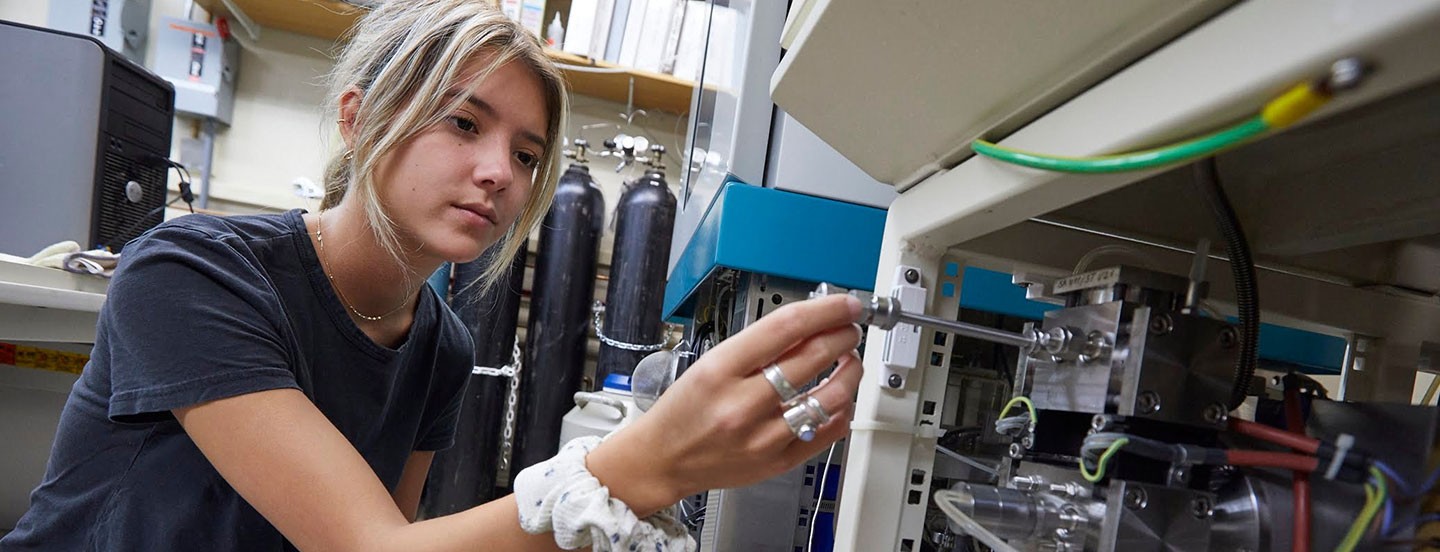
Moving from Onboarding to Independence
Previously: Establishing Open and Durable Lines of Communication
As you get to know your mentee, you’ll be able to gauge what might be appropriate challenges for them – especially regarding fostering mastery and independence concerning the key techniques they will be using and the literature within which their research is situated. Think about what milestones of independence would be good for your mentee to reach and what strategies might help your mentee get there. (Huskins et al., 2011, pp. 443–445)
The following examples of independence milestones are modified from a recommended exercise contained in Optimizing the Practice of Mentoring. If you and your mentee find it necessary to change the project due to the nature of remote work, these milestones can provide great anchors from which you can both work backwards in re-designing the project. You will need to register for this free online course, supported through partnership with the National Mentoring Resource Network and hosted by the University of Minnesota. For more information, visit http://healtheducation.umn.edu/mentoring4mentors/roles-responsibilities/recommendedexercise/ (Weber-Main, 2012)
- Gets fluent in gathering primary and secondary sources
- Critically evaluates the literature
- Masters one or two key techniques
- Connects a research question to issues of larger significance beyond the literature
- Practices good time management and life/work balance
- Exhibits confidence in decision making
- Solves problems on their own
Action Items:
- Identify the independence milestones that map on to your work with your mentee this summer.
- Have a discussion about those milestones with your mentee